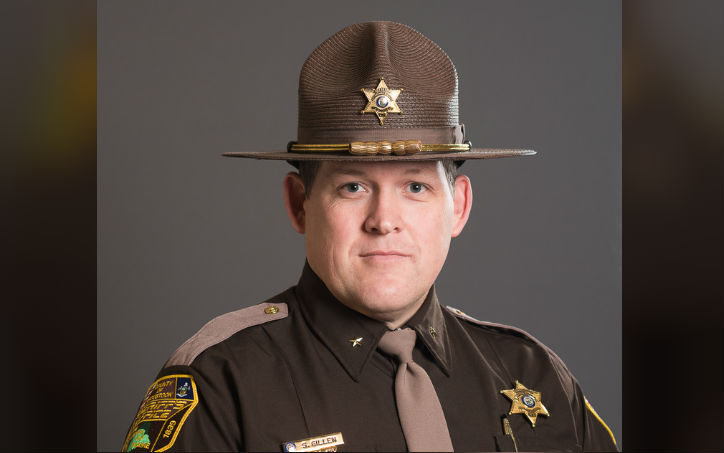Click here for the latest coronavirus news, which the BDN has made free for the public.
Now that the state is under a “stay-at-home” order from Gov. Janet Mills, many residents are wondering what is and is not allowed under that order.
On Tuesday, Mills ordered all Mainers to stay home except to shop for necessities or to go to jobs deemed essential throughout April. This measure follows similar mandates put in place by other states to fight the coronavirus.
[Our COVID-19 tracker contains the most recent information on Maine cases by county]
It has been an ever-evolving process to try to curb the spread of COVID-19 in Maine. A state of emergency was declared in mid-March, and dining at all restaurants was banned. Social gatherings were also limited to just 10 people.
Last week, the governor closed public-facing nonessential businesses.
There’s a lot of gray area in how the governor’s edict will be enforced and what is allowed, so we asked Aroostook County Sheriff Shawn Gillen for clarification on the subject.
[Read Janet Mills’ full stay-at-home order]
Q: Under this new mandate, are people required to stay in their homes?
Gillen: At your home … not IN your home. And only if they are not working at essential jobs or even non-essential jobs as limited by the order, or obtaining necessary supplies, caring for one’s health, caring for a family member, friend, pet or livestock, delivering meals and engaging in outdoor exercise activities, to name just a few. The order purposely has many reasonable exceptions to when you must stay on your own property. The whole point of this is to limit person to person contact with others that you don’t live with in a concerted effort to slow the spread of the virus.
Q: Are people still allowed to visit with friends?
Gillen: Not unless they are caring for them or taking them essential supplies that they need.
Q: What if I want to take a ride with the family, just to break up the monotony of the day?
Gillen: This is not specifically listed as an exception. However, it is clear that using a vehicle to take your family to and from outdoor activities was intended when you look at the specific outdoor activities that are listed — which are only examples of many other activities that would be considered acceptable. Again, the point is to limit exposure to other people that you do not live with.
Q: Is going to get takeout still allowed?
Gillen: Yes.
Q: OK, say I want to drive to Presque Isle [or another town] to get takeout food from a restaurant there. Is that allowed?
Gillen: Yes.
Q: What about getting outside for exercise? What is allowed and are there any restrictions?
Gillen: Yes, you can engage in outdoor activities such as fishing, walking, hiking, running or biking, but only in compliance with the gathering restrictions of no more than 10 people and maintaining a minimum distance of six feet from each other.
Q: Is hunting and fishing still allowed?
Gillen: Yes, to the extent authorized by the fish and game laws.
Q: What about golf courses — can we still go golfing if the course is open?
Gillen: There are no exceptions for golf courses to be open that I am aware of at this point. That won’t be a problem here in The County for a while anyway.
Q: Is there an actual curfew with set hours?
Gillen: No.
Q: Will stores be fined if they are found to violate the number of customers for their square footage?
Gillen: No. Failure to comply may result in further on-site restrictions or closure until the violations are remedied.
Q: What will happen if someone breaks the rules?
Gillen: Some of the things law enforcement will do when we are alerted to blatant violations of the governor’s order is to attempt to educate, give notice, provide a warning and a copy of the order. No law enforcement agency has been granted authority under this order to randomly stop vehicles to see why folks are out and about. Law enforcement is required to have a reasonable suspicion that someone in a vehicle has committed or is committing an offense before stopping that vehicle. Further, the state has the legal burden to prove someone has committed an offense — in this case, acting outside the governor’s order. Citizens have no legal burden to prove they have not violated the law. If someone is away from home and not engaged in a permissible activity, they are in violation of 37-B M.R.S. section 786. If charged, this is a class E crime subject to up to six months in jail and a $1,000 fine.








